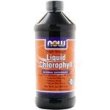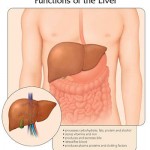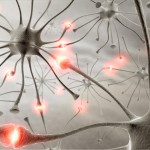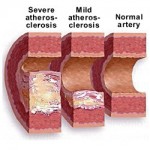 What is Halitosis?
What is Halitosis?
Halitosis is chronic bad breath. Most people experience bad breath from time to time, but when common remedies do little to nothing to alleviate the bad breath, it is deemed halitosis. An improper diet is a main culprit for halitosis, along with poor oral hygiene. There are many reason why people can develop halitosis, which I will explain below.
Who Gets Halitosis?
Anyone can get bad breath, but luckily there are bad breath cures that can help you keep bad breath at bay, and avoid the self consciousness that can come with halitosis. In rare cases halitosis is a symptom for a more serious underlying medical problem. In most cases it is caused by poor dental hygiene. However, other factors that may be involved, include gum disease, tooth decay, heavy metal buildup, nose or throat infection, improper diet, constipation, smoking, diabetes, foreign bacteria in the mouth, indigestion, inadequate protein digestion, liver malfunction, postnasal drip, stress, and too much unfriendly bacteria in the colon. If your bad breath is not remedied by the recommendations at the bottom we advise you to visit a dentist, and if necessary a physician.
What are the Symptoms of Halitosis?
Halitosis has one symptom, unpleasant odor on the breath.
What are the Root Causes of Halitosis?
Foods with a high amount of garlic, spicy foods, and pungent foods can cause bad breath. A poor diet, constipation, smoking, and poor dental hygiene are also root causes of halitosis. An infection in your mouth, such as a decaying tooth, and gum disease can cause halitosis. Decaying mercury fillings can cause bad breath, along with smoking, kidney disease, liver failure, and a flora imbalance in the mouth and respiratory tract.
Natural Remedies.
Use a tongue scrapper after meals, and brush your teeth. Make sure that you are drinking at least one liter of purified water a day. Dehydration can lead to bead breath. Eat foods that are high in fiber, and a lot of fresh organic fruits, and vegetables. Limit the amount of foods that take a long time to digest. These would most likely be unhealthy, refined foods that are high in fat, and sugar.
 |
Parsley– Take as directed after meals. You can take this in capsule form or in liquid form. |
 |
Liquid Chlorophyll– Take one teaspoon of liquid Chlorophyll after meals. |
 |
Xylitol Mints– Use products that contain xylitol such as; gum, mints, and mouthwash. Xylitol prevents bad breath causing bacteria from sticking to your teeth and gum. |
 |
Digestive Enzymes– Take as directed on the label. Enzymes help to breakdown food. |
*Please check with your doctor before taking any supplements, and also read the warning labels on each product, especially if you are pregnant or breast-feeding. Also read the labels carefully when giving your child any natural supplement, to ensure that it is safe to give a child.





